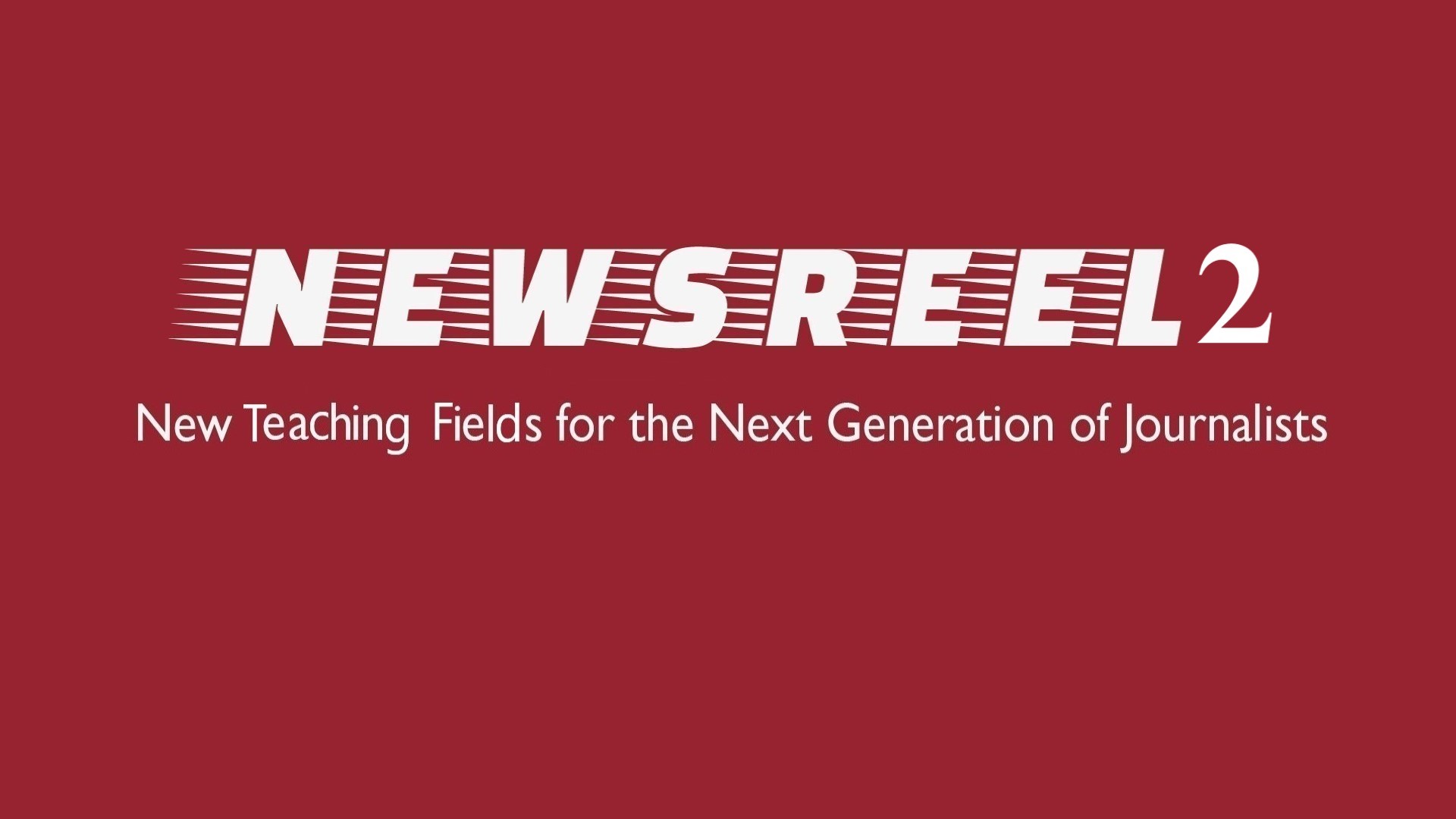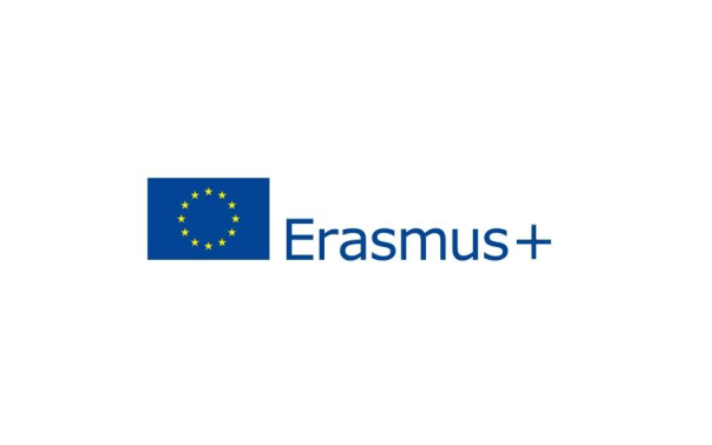NEWSREEL2 - New Teaching fields for the next generation of journalists
Project ID
2020-1-HU01-KA203-078824
Project title
New Teaching fields for the next generation of journalists
Project manager, contact details
Dóra Göndöcsné Agócs; agocs.dora@pte.hu
Academic supervisor, contact details
Annamária Torbó, Dr.; torbo.annamaria@pte.hu
Total project budget
323.732 EUR
Total budget of UP
75.412 EUR
Project start date
Project end date
Coordinator
University of Pecs


Partner Organisations
Erich Brost Institute for International Journalism, an affiliated institute of TU Dortmund (DE); ISCTE-University Institute of Lisbon (PT); University of Bucharest (RO); Masaryk University (CZ)
General description
The primary goal of NEWSREEL2 - New Teaching Fields for the Next Generation of Journalists is to improve such skills of a new generation of European journalists that are connected to the use of digital communication opportunities in a creative and responsible way for enhancing social benefits of the digital era. The project is the extension of the Erasmus+ KA2 project NEWSREEL - New Skills for the Next Generation of Journalists.
Creative and responsible use of digital tools is an indispensable ability of journalists. They should remain reliable and trustworthy sources of news in the digital noise to counterpoint the unverified information that affects the raw emotions and temper of the audience. To achieve these objectives, in the framework of NEWSREEL2, we will develop innovative teaching methods and materials for media and journalism students.
The project focuses on 9 professional fields:
1. Storytelling in social media in order to students learn how to present journalistic contents on social media networks;
2. Graphic journalism to get to know the basic tools and subgenres of comics journalism;
3. Improving democratic sensibility to be aware their social role and responsibility in a democratic society of the digital age;
4. Covering migration to improve their research and reporting skills, and understanding migration in a global context;
5. Foreign coverage to be able to contribute to a more balanced coverage of international topics;
6. Journalism for voice-activated assistants and devices to learn how to use them and see the potential that they can bring to newsrooms;
7. AI and journalism, robot journalism and algorithms to know how it can be used, and see clearly its potential and threats;
8. Verifying and analysing fake news to be able to identify information and opinion going viral and to verify information with the help of suitable tools and softwares;
9. Debunking disinformation to get solid knowledge regarding the mechanisms used for debunking fake news and disinformation.
Regarding these fields, the methodology used in the project's implementation phase is based on the following 7 steps process:
Phase 1: Conducting a research to introduce the current status of the new type of skills and tools of journalism and the needs of the stakeholders;
Phase 2: Developing curricula in order to establish the structure of the e-learning materials and embed these skills and tools into the programmes of journalism studies;
Phase 3: Developing electronic learning materials and teaching methods primarily for blended learning university courses, and organizing a summer school with interactive workshops on the project fields, with the aim students work together on journalistic projects in multinational teams;
Phase 4: Publishing a teaching guide with dedicated chapters to the specific courses, that summarizes the professional and methodological content of the project, and having courses at the participating universities as a pilot teaching activity;
Phase 5: Publishing an online glossary that helps to build a common knowledge base and cover all of our professional fields.
Program
ERASMUS +
Application monitoring
